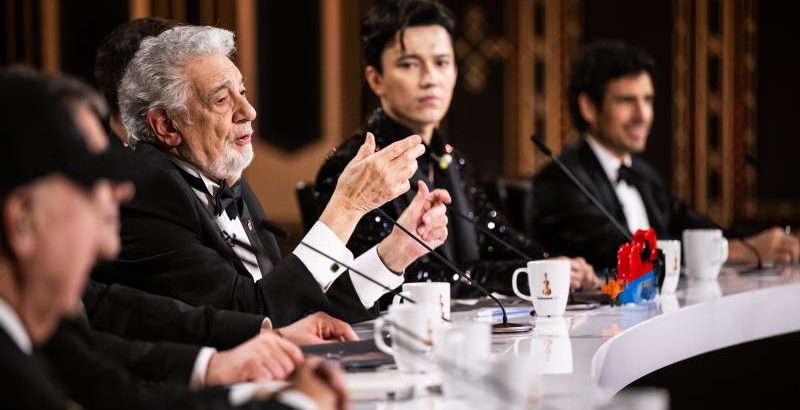The tenor speaks to LA RAZON after his passage through Spain about his sensations as a singer at 84 years of age and has already fulfilled
He is one of the indisputable figures of the Spanish lyrics of all time. Plácido Domingo has lived a turbulent stage in recent years, from which he seems to have come out with an unusual energy, at the age of 84. His agenda takes him to Sofia (Bulgaria) on August 29, with José Carreras and Sonya Yoncheva, Poland (Cracovia) on 2 September; Bangkok, on 23 September and the tribute to his great friend Pavarotti in Verona on 30 September, among other dates.
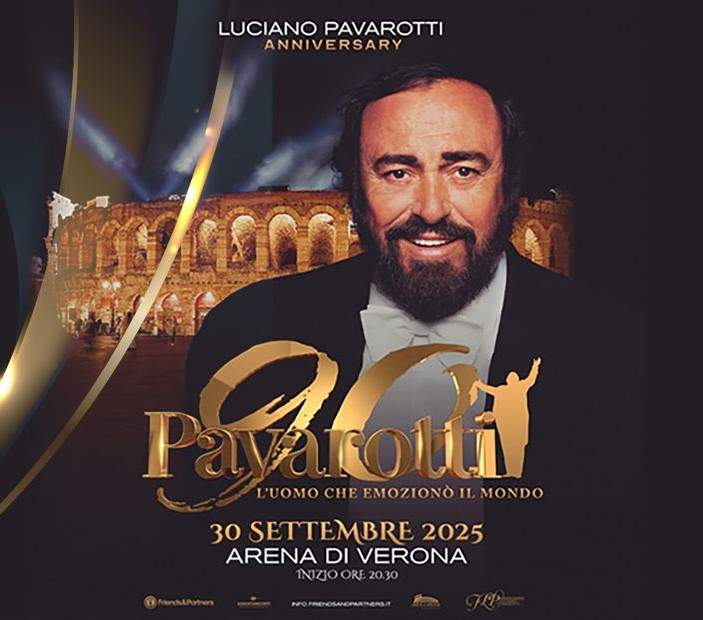
It has a stainless engine. How is it and how do you care so that you don’t glimpse a retreat from the stage?
Time passes… I look back and I’m surprised at the nice things I’ve been able to do. Above all, I am surprised at what I have been able to do over the past four years. I could never have imagined it, so I perceive it as a gift. When you’re young, you’d like it to be today, it’s tomorrow, and you almost don’t enjoy everything nice about the moment you’re living. But over the years you’re starting to be a philosopher. So I try to enjoy every moment fully, but always while dreaming of future projects. Dreams and enthusiasm are the fuel for the engine of my car… a classic car, but happy still marching.
The zarzuela is fashionable. What time does our operatic heritage live?
The warmth and affection of the audience listening to zarzuela is something that excites me deeply. I think we’re at a time when zarzuela is blooming once again. I want to be a promoter of young singers of our genre through the zarzuela Improvement Center that I am creating, dedicated to the memory of my parents.
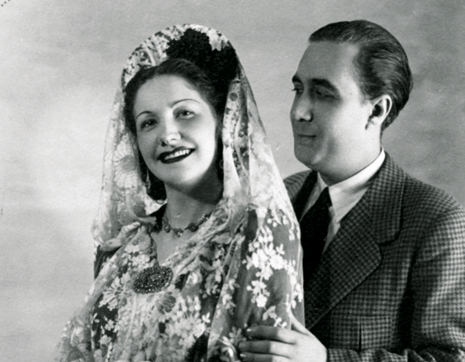
He has taken this genre to various theatres around the world. As the global ambassador for our culture, what message are you trying to convey?
These were the first melodies I heard in my life. I hope that more and more Spanish opera singers will be fascinated by our genre, so that they will continue to lead it to all latitudes of the world. I would like to make it international, like opera. This I have done over the years and it is a pride to think that anthologies of Zarzuela have resonated in places such as the Choregie d’Oranges and the Arena di Verona or in absolute temples of the Opera House such as the Vienna Opera, the Salzburg Festival and the Scala. There are pages of amazing beauty. This means promoting our culture and making our young people and everyone enjoy this genre and their highness. In the Zarzuela there is life, there are our roots, there are the atmospheres that are breathed in the different corners of Spain. I hope he gets to take the place he deserves.
He was educated in the zarzuela. How did your parents influence you?
They gave me a double life, life and music. They conveyed to me values that I carry inside since I was a child, as well as the passion for the Zarzuela. They had two shows every day and three on Sundays and then it was their turn to rehearse the performances the next day. I’ve always thought about it: there have hardly been artists who have worked as hard as they have, and especially with the responsibility of running their company. I admired you for it.
Speaking of memory and tradition, how would you like your name to resonate?
Through music I have tried, for more than half a century, to excite people.
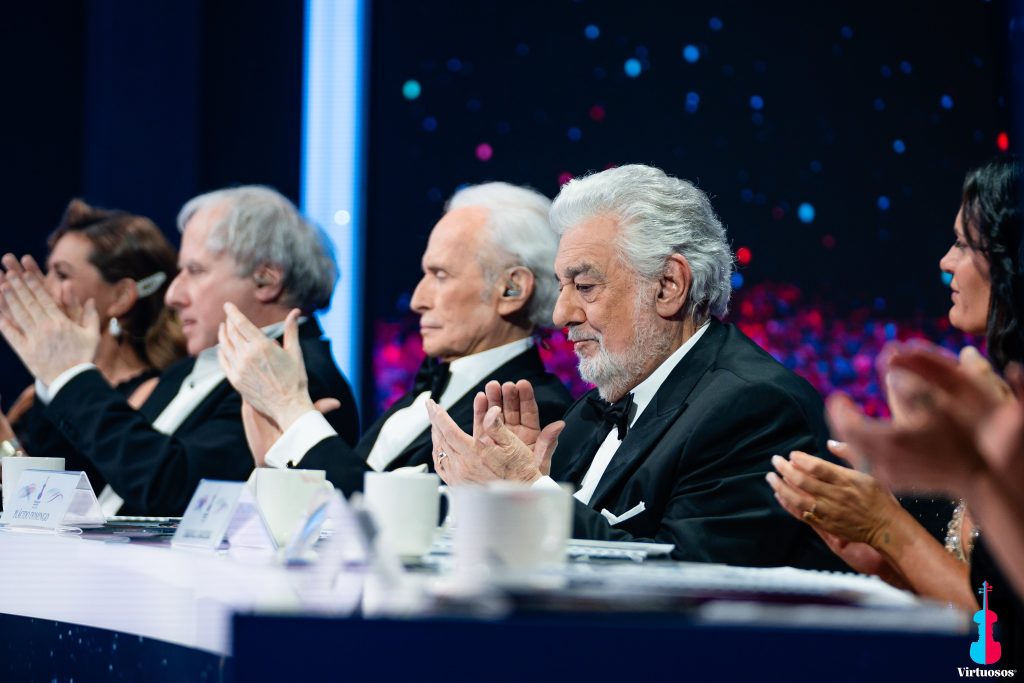
Spain tries to control AI with an Artist’s Statute, apparently, about to arrive. How do you receive these new technologies and what do you think about the new reality of the creator and cultural consumption?
Ensuring the working conditions of all professionals working in the world of culture is necessary. Our work is essential but unpredictable at the same time… It is important to give security to those who choose this path as a profession and to ensure this work means promoting culture. For AI, I confess I’m not an expert. I believe in progress because it can make us live better, but everything depends on how it is used, of the conscience of man.
Is there a lack of government support for culture?
What needs to change in general is the vision of culture. We imagine this sector as a set of intangible values or as works of art that can be admired in museums or in the streets, but culture is much more. We must not think of culture as a cost; giving young people an artistic education, making them aware of beauty, will make them great consumers of cultural activities, as well as helping them in life, because they will be more aware and less conditioned.
Is he aware of the musical battle between regguetoneros, rags and other trends?
When I’m home I never hear music. I’m surrounded by it all my life and appreciate calm and silence. I don’t have much experience of the new genres, but there’s audience for everything. If you ask me about the pop songs that have made history, of course I love them, because they are part of our culture and our lives. I have had the privilege of meeting and working with popular artists, friends like Julio Iglesias, Diana Ross, Paloma San Basilio, Charles Aznavour and of course, John Denver. I would have loved to work with many others.
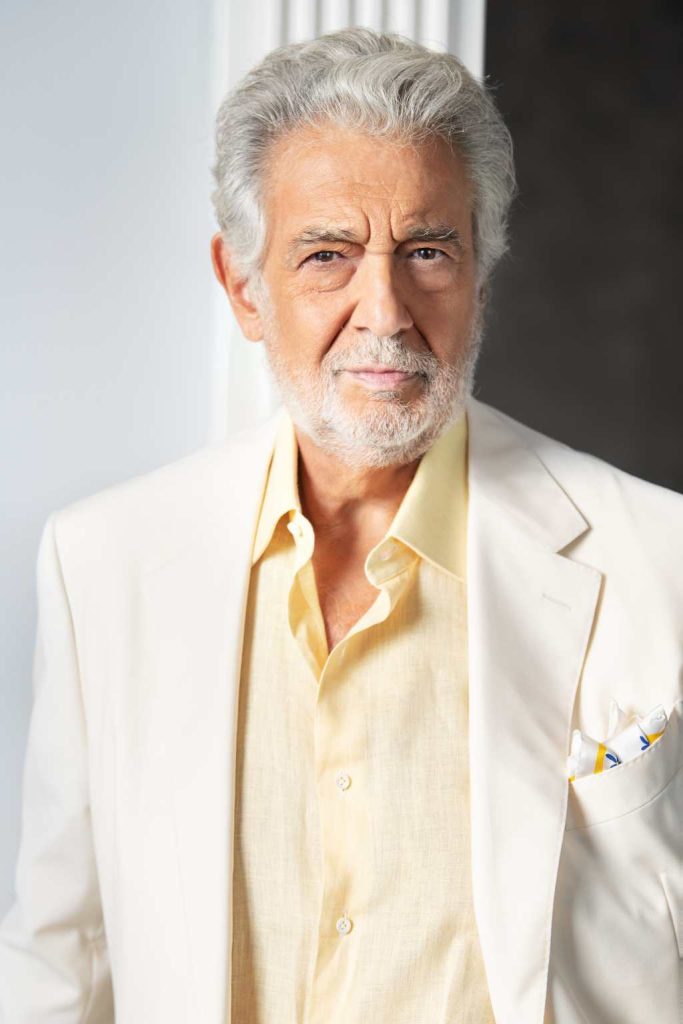
What music did you listen to when in your youth you went out to dance?
When we went out to dance Marta and I, we heard a lot of boleros in Mexico City at Club Zacarandas… especially Ernesto Leucona’s Siboney.
You see a lot of crispness in Spain and the rest of the world, do you like Spain today or do you feel melancholy for other times?
I love walking through the streets of Madrid, talking to people who come up to me and greet me. Although I travel a lot, visiting Spain I always love it. I’m a very optimistic person but today I perceive great tensions around the world. I think it’s important to live the present, aware of the past. The truth is that each epoch has moments of joy and moments of tension. Living with memories and melancholy means not living.
In times of crisis, many artists publicly condemn wars and barbarities, while others prefer to remain silent. Do you think that being an influential character should be of your opinion on these tragedies? How do you see the world in this regard?
My opinion doesn’t work or change. What counts are human beings and especially children who suffer and die still today, in 2025. We heard the news, but we’ve gone deaf to pain. To think about these tragedies, or to take sides, what good is it? It only fosters more division and generates more hatred. In 1962, Martha and I, newlywed, spent two and a half years in Israel singing at the Israel National Opera in Tel Aviv. Then everything was relatively at peace and on Sundays we were going to hear mass in a Catholic church just outside Tel Aviv. I have also sung in Russia many times, for the first time during the Theatre Tour Alla Scala in Moscow in the 1970s. I have also had the privilege of singing in Ukraine to a very enthusiastic audience. You cannot imagine how many friends and colleagues I have had and have in all these countries and all religions. My Operalia competition has always hosted singers from all over the world, because music is a universal language. Nothing can replace diplomacy and political mediation, but I am convinced that music can open doors, make differences between people less radical and create a more appropriate environment for dialogue.
The original interview was published in Spanish, in La Razón earlier today, 15/08/2025,
